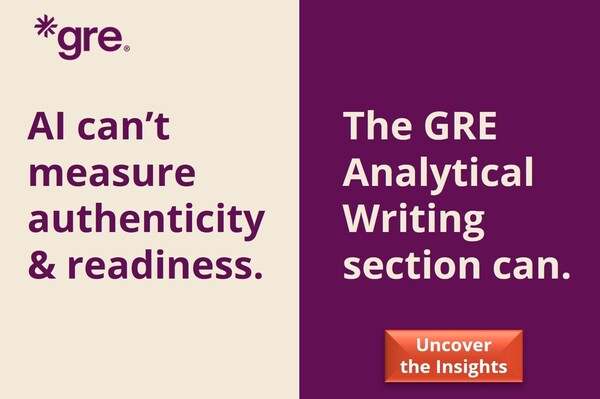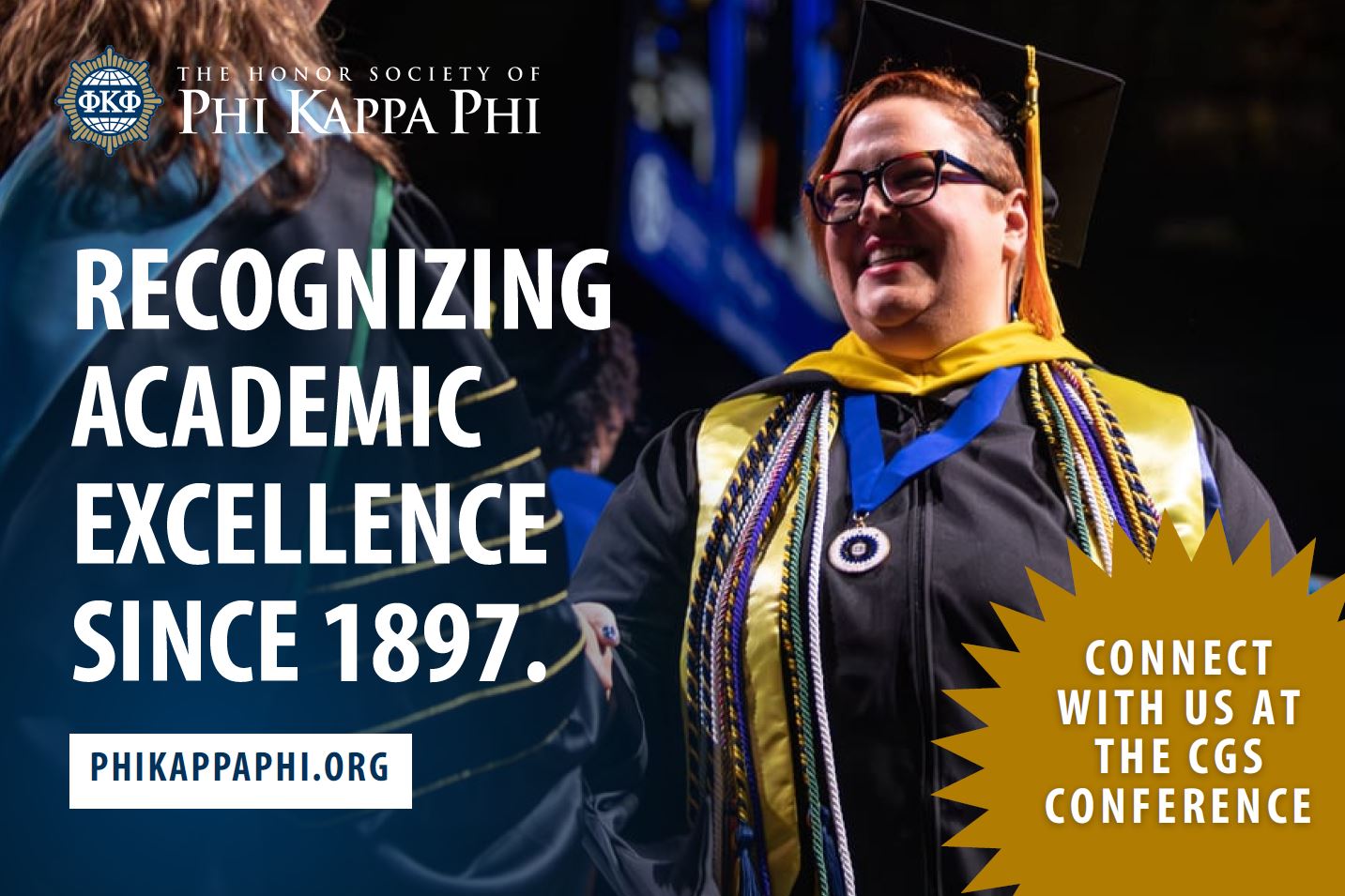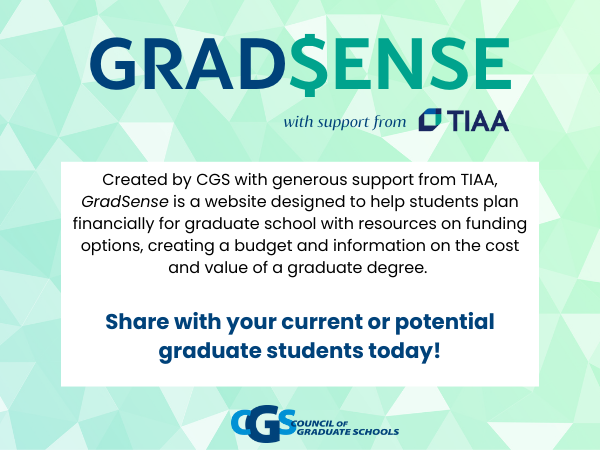Faculty Learning Communities at University of Maryland: Developing Best Practices for the CGS Community
The 2024 ETS/CGS Award for Innovation in Graduate Education winner provides insights on the launch of their new program.
Supported by the 2024 ETS/CGS Award for Innovation in Graduate Education, the Graduate Pathways Faculty Fellows program at University of Maryland aims to address the challenges that graduate students face by empowering graduate faculty to develop innovative, effective efforts tailored to the specific needs of their own unique programs. This fall, faculty members from the Department of Hearing and Speech Sciences are doing just that as a faculty learning community, meeting regularly to discuss concerns students in their programs have expressed and ways to improve graduate study for their students.
This past spring, Stephen Roth, Dean of the Graduate School, kicked off the program by inviting graduate deans in Maryland’s twelve colleges to suggest departments that might be interested in the program. Colleges expressed strong support for the faculty learning community concept, though some indicated a desire to join the planned second or third cohort of the two-year program. The dean for graduate studies in the College of Behavioral and Social Sciences suggested that the Department of Hearing and Speech Sciences might be a good fit for the opportunity, which proved to be correct: when the chair of the department reached out to determine interest among faculty, she received four responses within two hours of her email, and two days later, had finalized a team of six faculty members to join the faculty learning community.
The Department of Hearing and Speech Sciences, recognized as one of the top-ranked graduate programs in this year’s U.S. News and World Report rankings, offers multiple graduate degrees and degree paths, including a master’s in speech language pathology, an Au.D. in clinical audiology, and a Ph.D. in hearing and speech sciences, along with a path to a dual Au.D/Ph.D degree. The mixture of clinical and research degrees makes the program distinct—though not wholly unique—among graduate programs at Maryland, and participants in the faculty learning community represent both the clinical and the research programs in both sub-fields.
Improving Feedback
In an initial meeting with staff from the Graduate School, six faculty members shared possible topics to address in their faculty learning community, with the consensus coalescing around the broad idea of improving feedback for both clinical and doctoral students. Faculty shared that students–both informally and in surveys and exit interviews–expressed frustration at the feedback they received, both in their clinical preparation and in their research settings.
In a subsequent meeting with Graduate School staff with expertise in both mentoring and well-being practices, faculty delved more deeply into the question of improving feedback in their own settings. Reflecting on the ways students must shift from undergraduate preparation to graduate school, a shift from understanding theory to addressing application with actual clients and to deeper engagement in research questions, the team narrowed the focus of their intervention, from feedback broadly considered to improving student’s uptake of feedback.
For the remainder of the fall semester, Hearing and Speech Sciences faculty will refine their plan to improve the uptake of feedback in both their clinical and doctoral programs. In the spring, they’ll begin to implement their plan and, with the support of Graduate School staff, will begin to assess their intervention.
Looking Forward
The Graduate School at Maryland is now in the process of recruiting the next cohorts of faculty for participation in the second phase of the project, aiming to identify programs that recognize their desire to improve graduate student success and wish to receive dedicated guidance and support in that process.
Through three iterations of the Graduate Faculty Fellows program, we will engage six departments in the process of making meaningful, faculty-driven improvements to graduate study in specific situations and provide models for other departments and programs. Our goal is to use our experience at Maryland to develop a “best practices” guide for colleagues around the country, enabling the expansion of faculty learning communities that approach graduate student success with tailored approaches to the needs of programs and disciplines. The ETS/CGS Award for Innovation in Graduate Education has been critical to the launch of this program and we are grateful for these organizations’ strong support.




